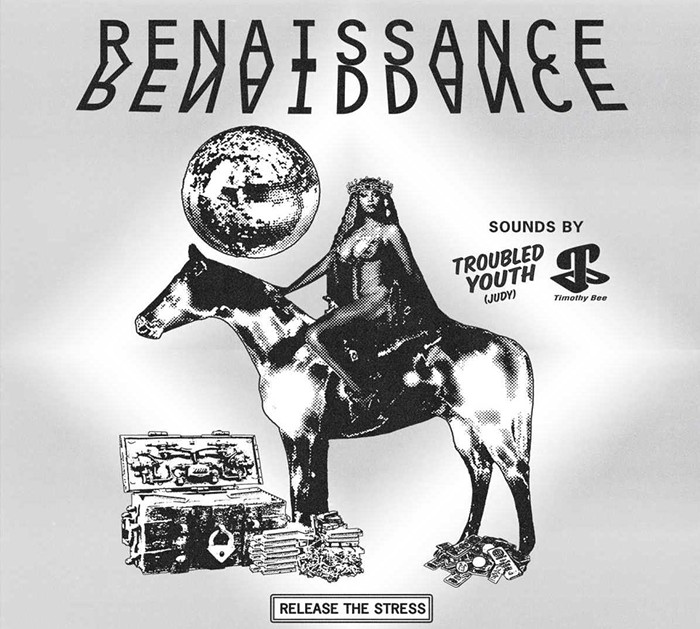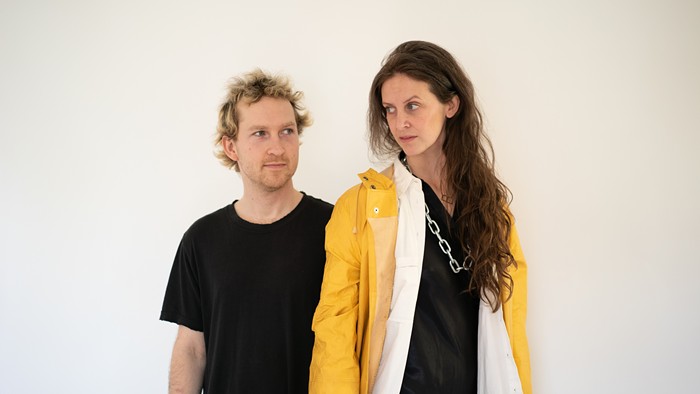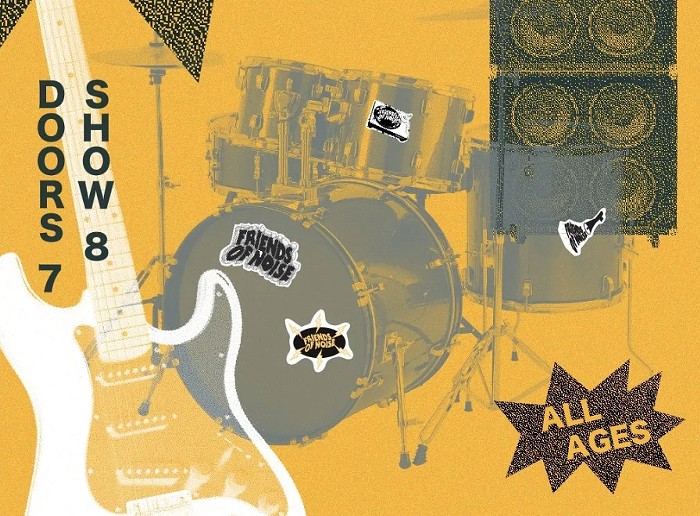THERE'S SOMETHING very witch-like about folk chanteuse Josephine Foster. Whether it's due to the Delphian renaissance threads throughout her music or Foster's striking, hawk-like looks, every review she's received from here to New York City seems to include the words, "witch" or, perhaps more disturbingly, "witch burning."
Well, worry not Josephine—we Oregonians can tell a white witch from a black one and if the otherworldly shimmer in your voice is of any measure you must walk on the side of the angels. On her excellent solo album, Hazel Eyes, I Will Lead You, Foster's silvery trill glides alluringly over minor key guitar clusters, easily begging comparisons to earthen songstresses like Joan Baez and Vashti Bunyan and then some. It's a voice that can part a crowd of drunken revelers or pierce through your heart like an enchanted arrow. Not bad for a girl whose musical lineage is mainly rooted in "church choirs and campfire girl sing-alongs."
Though Foster has been mesmerizing audiences and weaving homemade recordings for years, she was catapulted into a broader musical consciousness largely by her spot on the Devendra Barnhart-curated Golden Apples of the Sun compilation, released by Arthur Magazine in 2004. Currently on the road with her bass and guitar group Born Heller, I caught up with Foster to get her take on why folk music and culture is seeing such a renewed interest with "the kids" these days.
"Right now I observe there is a lot of fear and anxiety in the land," says Foster. "People are pretty shook up. You could connect the embracement of folk music partially to the nostalgia and sentimentality that characterizes unstable times. On the other side of the coin there may be deeper values and expressions in folk music than in, say, pop that feeds people's greater spiritual appetite in such an era. Luckily, folk music seems to stick around regardless of people's waxing and waning interests."
And as long as there are artists like Josephine Foster who are able to beautifully transmute old into new, folk music will indeed always be alive.


















